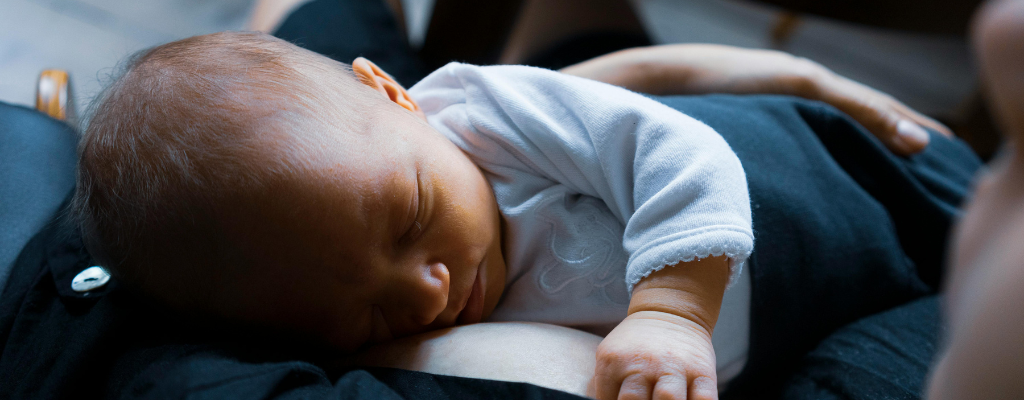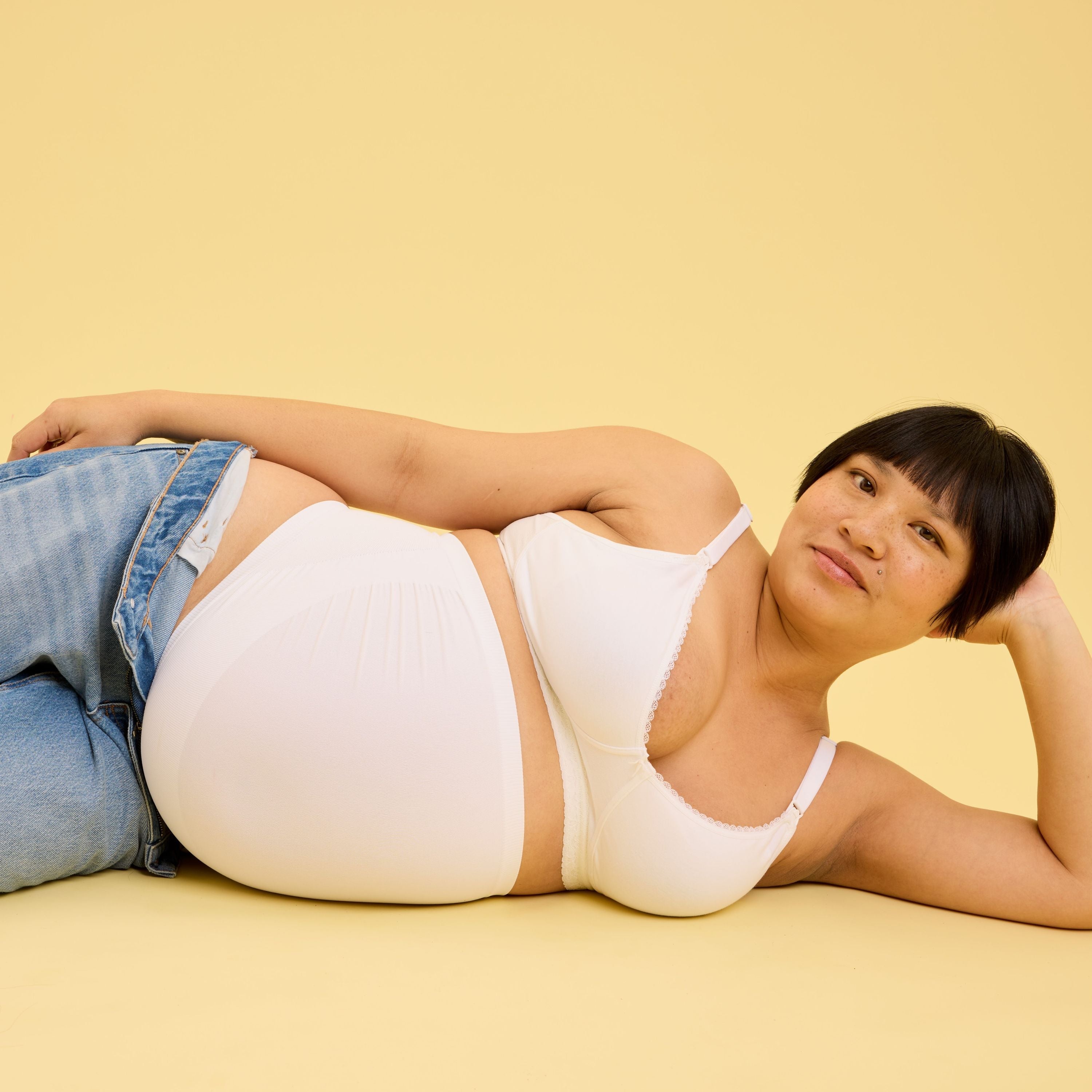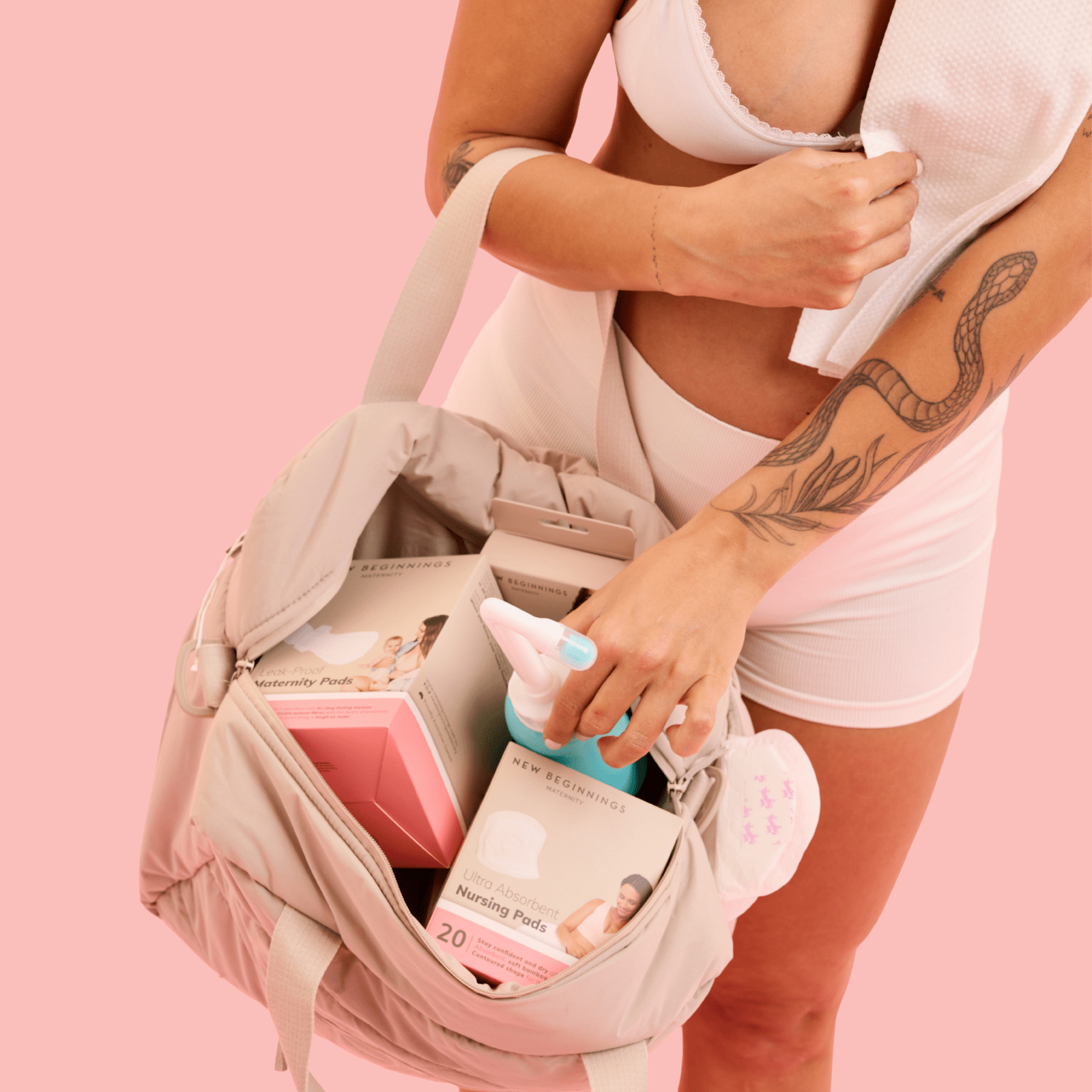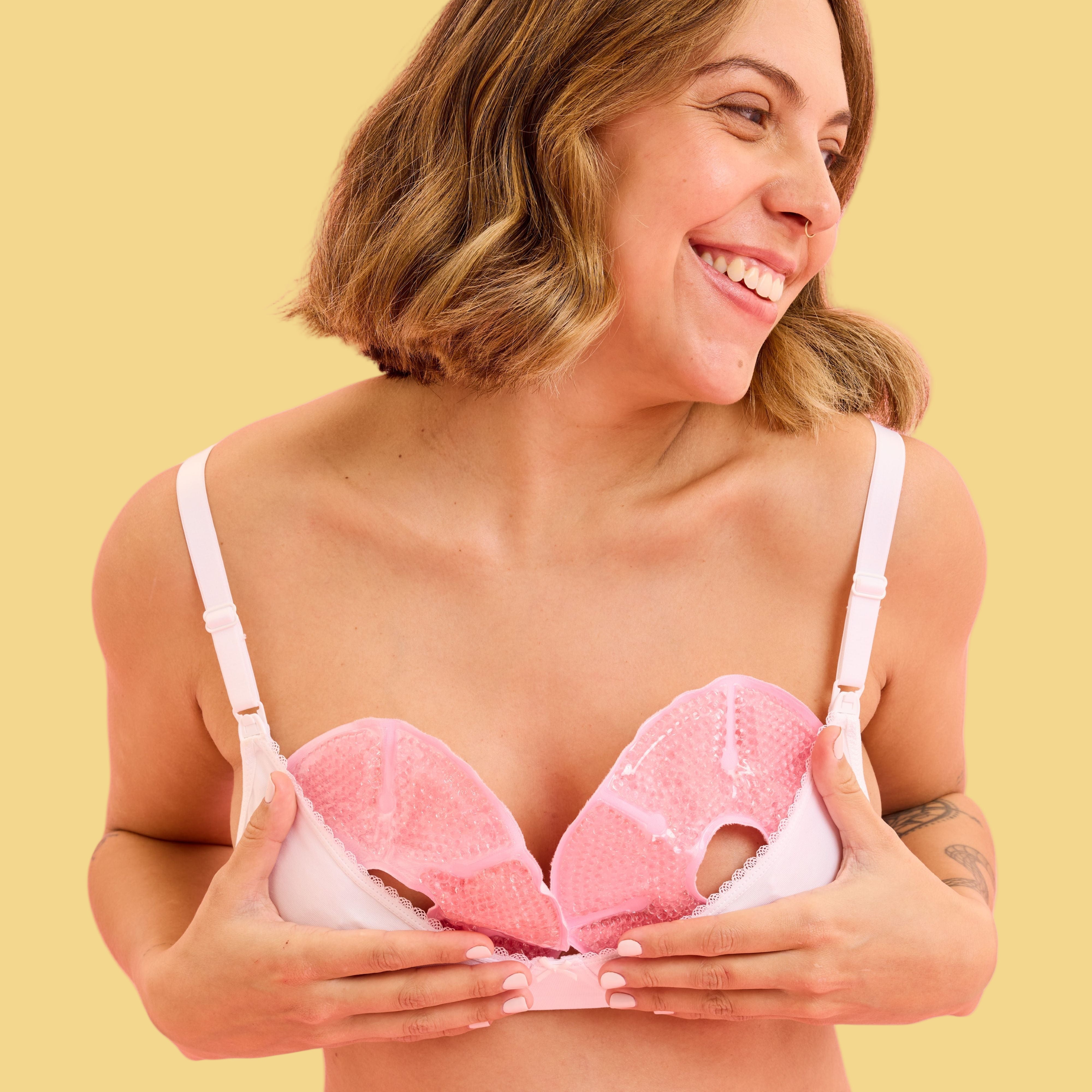Exhausted but exhilarated, you finally hold your newborn in your arms. Months of planning culminate in this incredible moment, but what about the emotional waves that follow? Feeling overwhelmed, anxious, or even irritable is completely normal. It's a lot to process! These mixed emotions are often called the 'baby blues,' affecting up to 85% of new mums. It's your body adjusting to the hormonal shifts after pregnancy. Remember, these feelings usually fade on their own, but if they stick around for a while, it's important to reach out for help.
How do you tell the difference between the 'baby blues' and more long-lasting forms of depression such as postpartum depression? It’s important to remember that the postpartum period is a time of recovery, both physical and mental. But it can be harder to recognise the mental side of things, especially between all the feeds, nappy changes and sleepless nights. In this blog post we’ll go over what postpartum depression is and some of the emotional changes you might experience after childbirth. Most importantly, we’ll highlight when and how to seek support.
What is PPD?
After childbirth, it's extremely common to have some form of depression known as the “baby blues”. It’s so common that the baby blues are considered a postpartum symptom (like postpartum bleeding) rather than a psychiatric illness. No one knows the exact cause, but many postpartum experts have speculated that the change in hormones, coupled with disturbances to your routines (especially sleep) can throw your system out of whack and may lead to postpartum blues. Although the baby blues are completely normal, they are temporary and only persist for a couple of weeks after giving birth. When your symptoms persist, and are more intense, you may be experiencing a postpartum mood disorder like postpartum depression.
Unlike the baby blues, postpartum depression (PPD) sticks around for longer. It's a medical condition that makes us feel like the happy moments are dimmer and the worries are louder. PPD is characterised by strong feelings of sadness, hopelessness, anxiety, and worry that don’t go away after birth. It happens to way more mums than you think – 1 in 7! It's highly treatable with proper support, counselling, and possibly medication.

Symptoms of PPD
Every mum experiences PPD differently, there's no one-size-fits-all. Postpartum depression shares similar symptoms of depression like feelings of hopelessness, irritability, loss of energy, and changes in appetite (among others).
Along with symptoms of depression, common emotional and physical symptoms of PPD can include:
- Feelings of anger or intense irritability
- Withdrawing from support
- Worrying or feeling anxious
- Crying more often than usual
- Questioning your ability to care for a baby
- Lacking connection with your baby
- Thinking about hurting yourself or your baby
- Loss of appetite or eating more than usual
- Restlessness
- Unable to sleep or sleeping too much
Risk factors for PPD
Although all pregnant people are at risk of developing PPD, regardless of race, age, ethnicity, or economic status, researchers have classified several risk factors for developing PPD that range from biological and hormonal factors, to lifestyle and social risk factors. Among those, one of the highest risk factors is a previous history of depression and anxiety. Other risk factors include a lack of support, prenatal anxiety, a difficult pregnancy, low self-esteem, childcare stress, and a poor marital relationship. When these factors are coupled with being single, an unwanted or unplanned pregnancy, and lower socioeconomic status, the risk increases.

Importance of seeking help
Having a little one is amazing, but we all know it's a doozy! Between the feedings, the nappy changes, and the sleep deprivation, it's hard to know what's "normal" anymore. Here's the thing: some ups and downs are totally expected during recovery. But if those feelings get super strong and make it hard to do your everyday stuff, that's when it's time to reach out for help.
Getting help doesn’t make you less of a parent. In fact, it makes you a superhero for taking care of yourself. Especially if things are getting yucky and harder to handle, don't wait, okay? There are many amazing treatments available for postpartum depression.
If you suspect you have PPD, the best thing to do is chat with your doctor. They can listen to what's going on and help you figure out a treatment plan, like therapy sessions, maybe some medication, or a combination of both to help you cope and feel better. Sometimes all you may need is guidance or support form others who have been through it. Have a look at some maternity podcast channels on our blog: 10 of our favourite pregnancy podcasts.

Tips for coping with PPD
Postpartum depression isn’t a prison sentence and you can beat this highly treatable condition. Here's the thing: taking care of yourself is key to feeling better. Like, catching some decent sleep (easier said than done, I know!), eating healthy foods that make you happy, and sneaking in some exercise when you can. It’s also important to make sure you have enough maternal mental help and support, and that you are managing your expectations.
One of the risk factors for postpartum depression is unrealistic expectations about how your pregnancy will go or about motherhood. A newborn is a whole new adventure, and it's okay if things don't go exactly according to plan. That's why having a support system is amazing! Your partner, friends, family – whoever makes you feel good – can help you adjust those expectations and remind you that you're a superstar mum, even on the messy days. Don't be afraid to ask for help, that's what your support system is for!
Aside from the resources your doctor will provide you, there are other resources for support including international organisations like Postpartum Support International where you’ll find a host of information and support to help you on your postpartum journey. You've got this!






